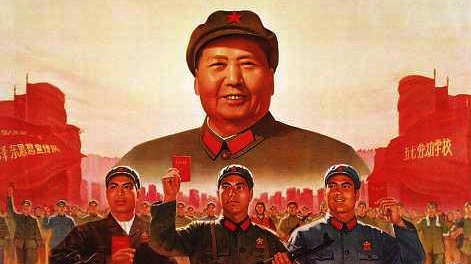In effort to safeguard Party legitimacy, official history glosses over much of the brutality of the Cultural Revolution—much in the same way it chooses to ignore the events that occurred in the vicinity of Tiananmen Square during June of 1989. At the same time, secretive historians and underground publishers also take efforts to preserve lessons from stained chapters of PRC history for future generations. The AP talks to archivists and activists about their work chronicling a history that the Communist Party would rather be forgotten:
“I want it so that this [the Cultural Revolution] never happens in China again, so this is my tireless job,” [“do-it yourself documentary maker”] Xu [Xing] said on a recent afternoon sitting at his kitchen-top editing bay. “I tell the people I interview, ‘Clearly, I can’t bring you any money or other reward. The main thing I do is let other people know your story.'”
With the ruling Communist Party zealously enforcing its own version of Chinese history, Xu’s truth-telling is nothing less than an act of defiance. The government has largely succeeded in erasing or playing down whole swaths of Communist-era history by controlling what’s talked about in the country’s classrooms, museums and books, as well as in other areas of public life.
[…] You Weijie, whose husband died in the Tiananmen massacre, has conducted interviews with relatives of more than 40 other victims and stored the audio and video recordings overseas. Some are available online.
Tsering Woeser held onto dozens of her father’s old photos of the Chinese military destroying temples and persecuting Buddhist priests and officials in the far western region of Tibet during the Cultural Revolution. In 2006, a Taiwan-based publisher put out a book of the photos. […] [Source]
Read more about the the history of the People’s Republic of China, via CDT.








